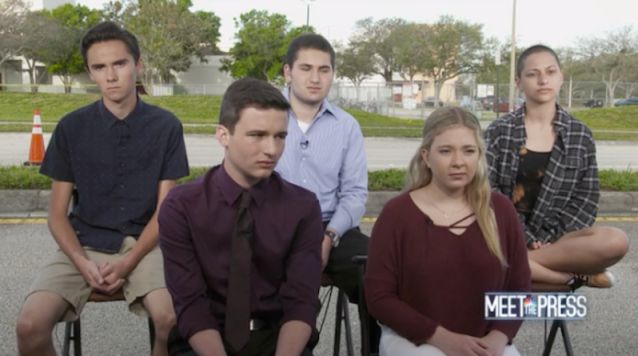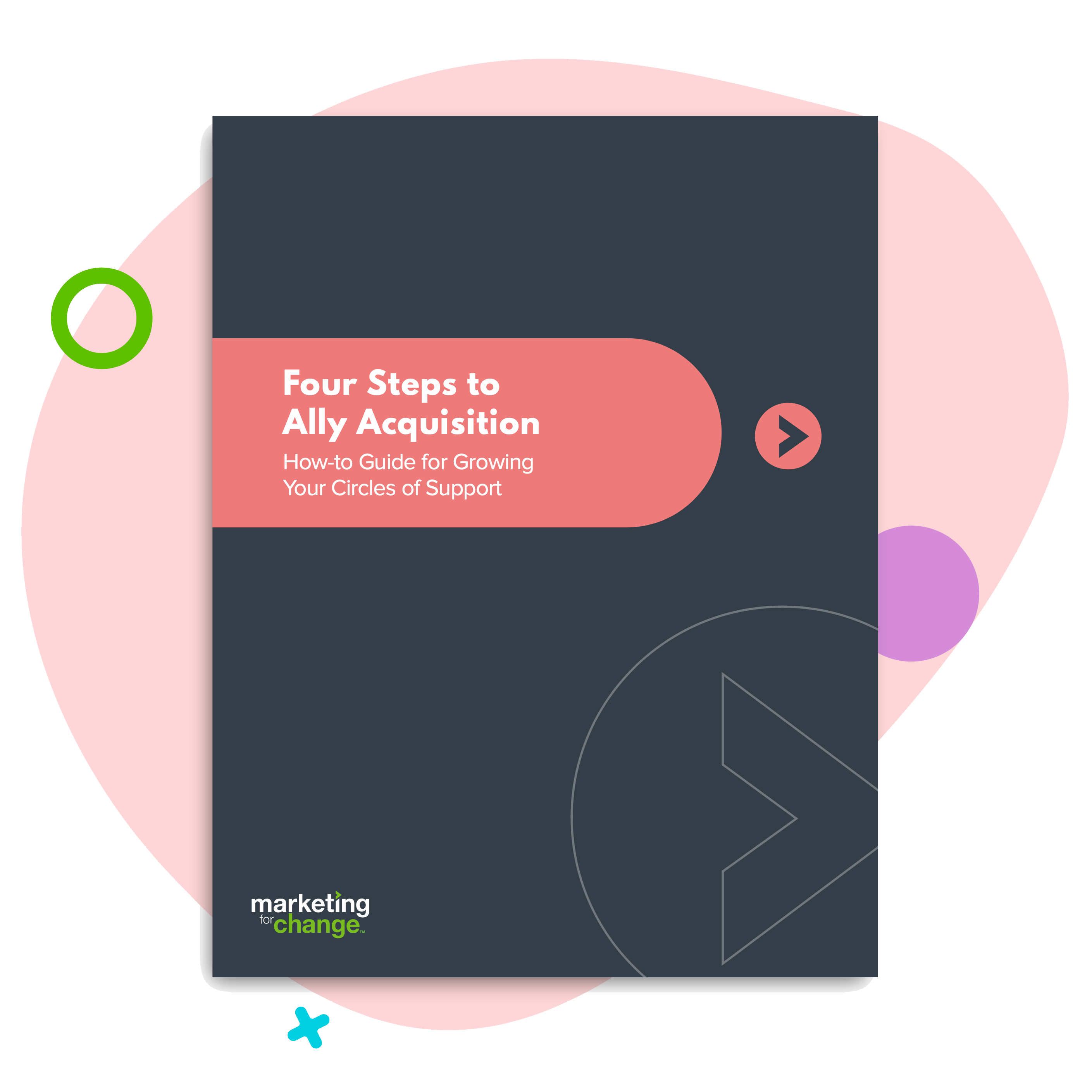
Can a Bunch of High School Kids Really Make a Difference on Gun Control?
The political landscape is littered with sympathetic gun control advocates vanquished by the National Rifle Association. Gabby Giffords. The Newtown parents. Jim Brady. Some Republicans. Many Democrats. Those who hate guns and those who own them. We’ve seen lots of valiant efforts, new tactics, and even temporary victories. But when you listen to the kids from Marjory Stoneman Douglas High School in Parkland, Florida, you realize again that gun control has largely gone nowhere in the United States. For decades, in fact.
So now these articulate high school kids are making the case once again in the aftermath of a school shooting that left 17 dead. Are they doomed?
At first, it reminded me of another teen-fueled advocacy effort that began in Florida two decades ago — the ‘truth’ anti-tobacco campaign that centered on youth outrage against Big Tobacco and led to a sustained drop in youth tobacco use. (Full disclosure: I helped start that campaign). And I thought “Youth smoking was easy compared to this. This is policy and politics. I’m not sure this will work.”
But then it occurred to me that the real parallel here is with another milestone movement in the annals of advocacy and behavior-change marketing — Mothers Against Drunk Driving.
What I’m hearing from these students is a new voice that reframes how we look at a perennial issue often given up for dead. These are some uniquely positioned victims speaking. While we’ve heard from parents, relatives, friends, and gunshot wound survivors before, they’ve typically been speaking as the exceptional few who have suffered due to gun violence. They win our sympathy. They win our hearts. They make many good arguments, which fuel the debate for awhile.
These kids strike me differently — they strike me as an army of advocates focused squarely on making politicians choose sides and making those who oppose them more uncomfortable than ever before. Like the mothers of teens killed in drunk driving crashes, they offer a new perspective that can be difficult for opponents to dismiss as sympathetic outliers. Not because they’re parents — we’ve heard a lot from adults — but because they’re idealistic kids who remind us of that part of ourselves.
And here’s the parallel with the truth anti-tobacco campaign: There’s something about an articulate teenager’s perspective that makes us 40-, 50- and 60-somethings sound like we’re just making lame excuses for a world that isn’t operating as it should be.
Voice is a powerful, but often overlooked, aspect of the work we do in advocacy and behavior-change marketing. In our ally acquisition practice for advocacy groups, as well as in our behavior-change campaigns, we focus not just on who we’re targeting, but who is talking. We’ve embedded anti-binge drinking messages in a student-led campaign about protecting what’s unique about a university because an anti-binge drinking message from a university or health group simply signals it’s out of step with the realities of student life. People forget that the funding and design of the original “youth-led” truth campaign was the very adult, very uncool Florida Department of Health. Environmental groups pushing to save the planet .. yeah, what else is new? Nancy Pelosi complaining about Donald Trump… what else would you expect?
A new voice is an opportunity. It’s a chance to set a new course for a topic if the tone and the appeal are calibrated right and the strategy is unrelenting and applied rigorously. These high school kids are a new voice for the gun control movement.
They just might make a difference. At the very least, I think they have a chance.

Peter is the founder & chief insights officer of Marketing for Change.





